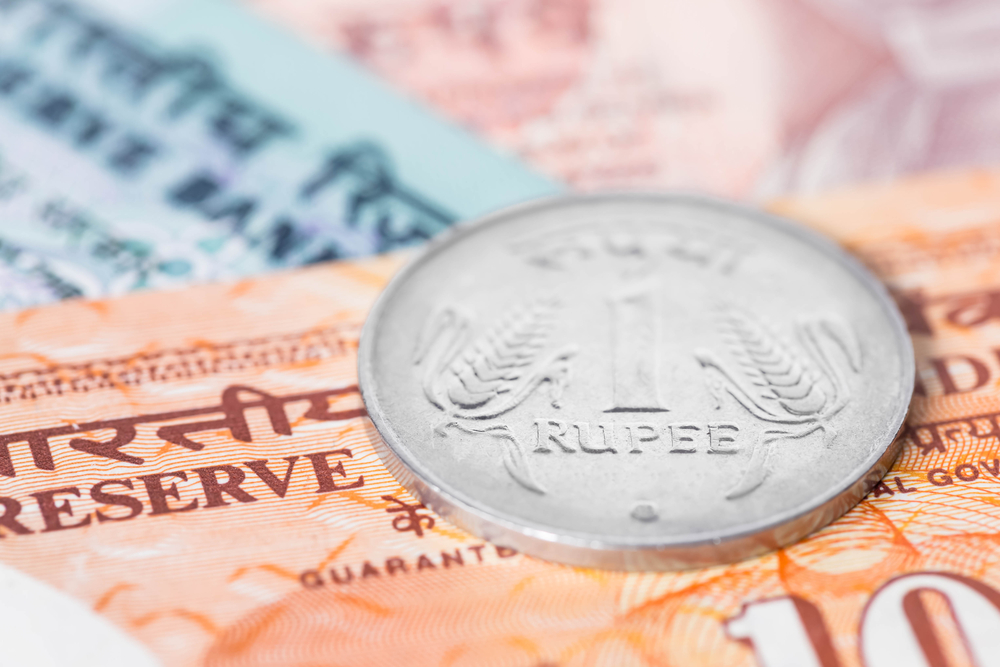Paul Nelson
Immense hype surrounds virtual currencies and distributed ledgers these days. Maybe this is inevitable if you combine an inscrutable, cutting-edge technology, its enigmatic origins, and a flow of $1 billion in venture funding thus far. But will these technologies create pathways for people in emerging economies to access and use financial services that meet their needs?
Definitions vary, but for our purposes, a “virtual currency” is a non-government-backed digital representation of value. Many virtual currencies rely on cryptography and distributed computing to facilitate transactions.
These transactions are documented on a “distributed ledger,” a database shared among network participants who collectively validate transactions accordingly to an established protocol. Bitcoin and Stellar are two examples of virtual currency systems, and the blockchain that underpins Bitcoin is one type of distributed ledger.
We often hear how these technologies boast capabilities we care about in financial inclusion: efficiency, transparency, security and cost-effectiveness. Yet few applications of these technologies have demonstrated as much in scaled, real-world contexts, especially in communities without high-speed Internet, widely available smartphones, reliable energy access or stable incomes.
This is the reality in many countries, after all, and for applications of these technologies to scale there, the lessons learned by the digital revolution thus far are highly relevant. In Tanzania, millions of Tanzanians did not start using mobile money to save, transfer or borrow funds just because the technology was available. Providers first had to refine prices, improve user interfaces and match product attributes with consumer needs. The collective impact of those adjustments was made clear when access to formal financial products nearly doubled over just four years.
Applications that harness virtual currencies and distributed ledgers, on the other hand, are still at an early stage of development. BitPesa, for example, allows people in the U.K. to send money to East Africa using Bitcoin. To use the service, a sender must open a Bitcoin wallet, exchange British pounds for bitcoins and initiate a transfer, which BitPesa’s platform sends through a gateway to deposit Kenyan shillings into a recipient’s bank or (until recently) M-Pesa account.
From a functional standpoint, BitPesa demonstrated the workability of this model. But it is still a niche service, and it is not clear yet whether similar products will ultimately offer the mass market a better option than the status quo (including newer digital-only remittance providers) on security, speed, cost and ease-of-use.
Even if product aspects are figured out over time, broader barriers to scale must also be overcome, including a lack of connectivity because of rugged geography, regulatory concerns and cultural norms that can inhibit a woman’s access to mobile technology.
The sector today seems to have a sharper sense of what these technologies can do. In addition to the many entrants who are still focused on consumer-facing applications (such as Circle wallets or Coinbase merchant payments), many more are examining how these technologies could instead transform the plumbing of the financial market infrastructure (such as R3, which has won attention lately for working with financial institutions to develop common standards for using distributed ledgers).
In both cases, the debate now focuses less on if these technologies will have a role in modern life but how (and how much) it will transform it. In developing countries, transformation will be neither inevitable nor straightforward, but much may ride on the outcome of debate regarding a few key areas:
Are there applications of either the blockchain or digital currencies that are both relevant to the unbanked/underbanked and feasible to implement in developing country contexts?
A number of companies are deploying these innovations as back-end solutions for payments.
For example, companies such as Abra and Align use the blockchain to facilitate cross-border payments. With $436 billion in remittances flowing to families in developing countries in 2014, the market opportunity is significant.
But other purely domestic applications may face fewer regulatory hurdles to scale in developing countries, and non-payment-related use cases may merit attention first.
Can these technologies demonstrate tangible value to policymakers?
For the financial sector to make real progress toward financial inclusion, policy makers and regulators are critical allies. Yet these technologies have sometimes failed to show how they improve, rather than undermine, the financial system’s integrity and inclusivity.
Moreover, these technologies must be able to address those concerns in contexts with poor connectivity, weak governmental institutions and ill-defined or unstable policy environments.
Can permissioned distributed ledgers improve financial services infrastructure in ways that permissionless alternatives cannot?
Distributed ledgers can be as open or closed as their purpose requires. Anyone can link directly to the bitcoin network, for example, without identifying themselves or relying on a gateway. This is partly a function of the objectives that originally animated the bitcoin community. But for many applications, a permissioned distributed ledger, where participants know the identity of each other, may open up other possibilities while not raising the same concerns about misuse.
Are non-financial-transaction-related applications of distributed ledgers potentially meaningful to financial inclusion goals?
In a world where millions still lack a recognized form of identification, some innovators see distributed ledgers as a foundation for new forms of secure, portable digital IDs. Distributed ledgers could also help track any kind of asset. Or they could power “smart contracts” that execute automatically upon exogenous trigger events. Which assets, supply chains, or financing needs could benefit most from these uses in developing countries?
The answers to these questions remain far from clear. Where the sector lands on them may ultimately have implications for whether these technologies prove to be fleeting novelties or truly meaningful enablers of financial inclusion.






























Comment